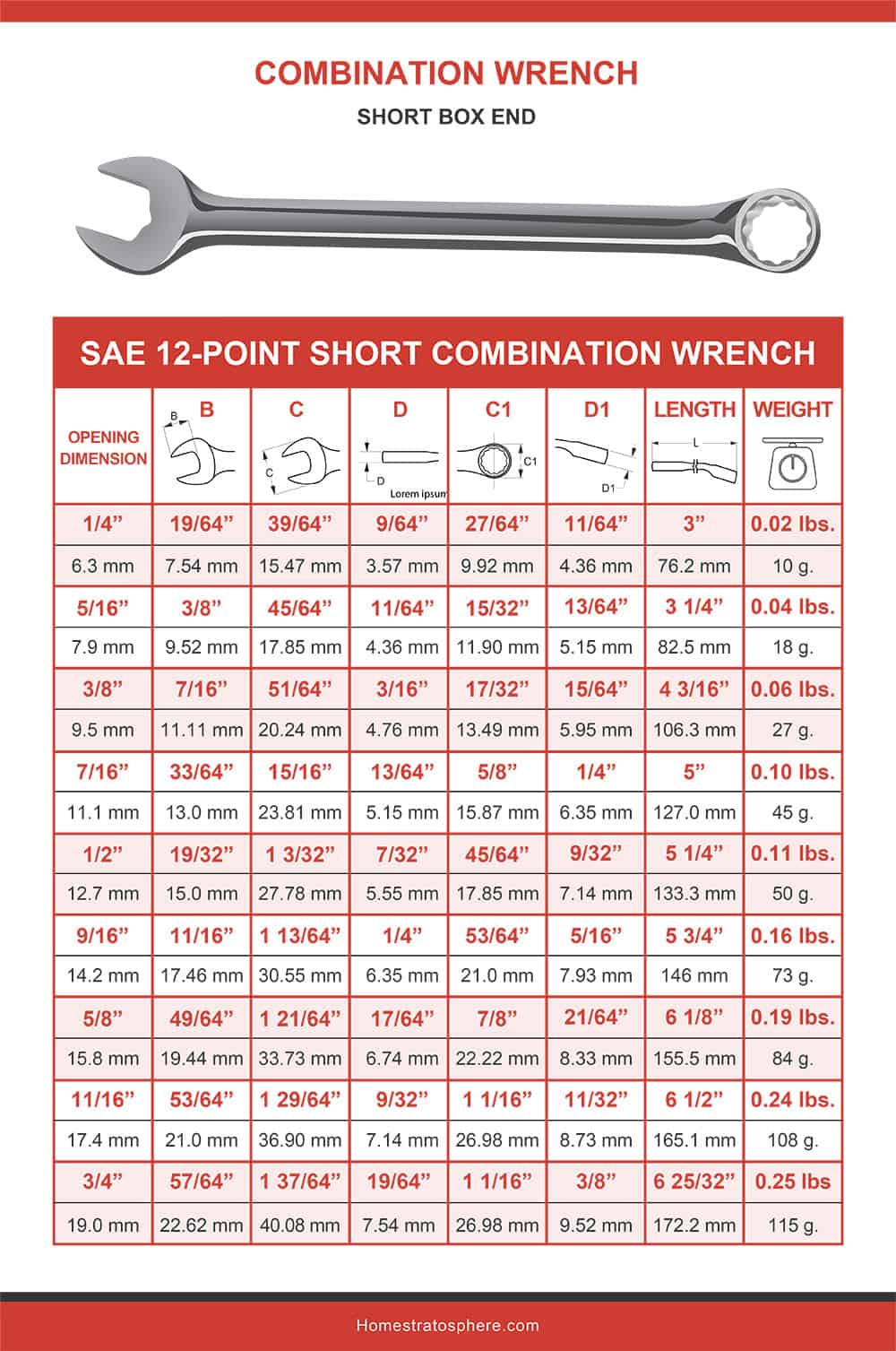Ever reached for a wrench, only to find it just doesn't quite fit? That, my friend, is the frustrating reality of living in a world where SAE and metric measurements coexist. Like two dance partners with slightly different rhythms, they can sometimes trip you up.
We've all been there – in the middle of a project, tools scattered around, only to realize the wrench is the wrong size. But how can there be two different “sizes” when they're supposed to be the same? It's enough to make you wish for a universal system, but alas, that's a story for another day.
This difference, while seemingly small, has big implications, especially when it comes to anything mechanical. We're talking cars, bikes, even furniture assembly – basically anything that involves nuts and bolts. And trust me, you don't want to be tightening those bolts with the wrong wrench, potentially stripping them in the process.
So, before you embark on your next DIY adventure, let's unravel the mystery of SAE vs. metric wrenches. Think of it as learning a new language – once you understand the basics, you'll navigate the world of tools with newfound confidence. Plus, you'll be able to impress your friends with your knowledge of measurement systems, which is always a good party trick.
Understanding the difference isn't just about avoiding frustration; it's about safety and precision. Using the wrong wrench can damage your tools and your project, and nobody wants that. So, let's dive in, shall we?
Now, let's talk about how we tell these two systems apart. SAE wrenches, the ones most commonly used in the United States, are typically measured in fractions of an inch. Think 1/4", 3/8", 1/2" – you know the drill (pun intended!). On the other hand, metric wrenches, used in most other parts of the world, are all about millimeters. So, you'll see sizes like 10mm, 12mm, 14mm, and so on.
The biggest mistake people make is trying to force a metric wrench onto an SAE fastener or vice versa. It might *almost* fit, but that's a recipe for disaster. You risk rounding off the corners of the fastener, making it near impossible to remove later on. Talk about a headache!
So, how do you avoid this tool-induced tragedy? It's simple: identify your fasteners. Look closely, and you'll usually see markings indicating either SAE fractions or metric millimeters. Once you know what you're dealing with, grab the appropriate wrench set. And remember, when in doubt, consult a handy conversion chart.
Advantages and Disadvantages of SAE and Metric Wrenches
While it would be simpler to have just one system, both SAE and metric wrenches have their pros and cons. Here's a quick rundown:
| System | Advantages | Disadvantages |
|---|---|---|
| SAE | - Familiarity in the US - Wide availability of tools | - Fractions can be confusing - Not universally used |
| Metric | - Based on the decimal system (easier calculations) - Globally recognized | - Less common in some regions - Might require a separate tool set |
At the end of the day, having both SAE and metric wrench sets is the safest bet, especially if you work on a variety of projects. It might seem like a hassle, but trust me, your future self will thank you. Plus, a well-stocked toolbox is a beautiful thing!
Knowing the difference between SAE and metric wrenches might seem like a small detail, but it can save you a world of frustration and potentially expensive repairs. So, the next time you're tackling a project, remember this little guide and choose your tools wisely. Happy fixing!
Printable Socket Size Chart Metric And Standard - The Brass Coq
Sae And Metric Chart - The Brass Coq
Wrench Size Chart Pdf - The Brass Coq
Sae To Metric Thread Conversion Chart - The Brass Coq
Printable Socket Size Chart Metric And Standard - The Brass Coq
Metric to SAE Conversions for Hex Keys - The Brass Coq
Socket Wrench Conversion Chart - The Brass Coq
Cómo saber la métrica de un tornillo Incluye VÍDEO - The Brass Coq
Metric to SAE Conversions for Hex Keys - The Brass Coq
Metric to SAE Conversions for Hex Keys - The Brass Coq
Hex Key Conversions SAE Metric Allen Wrench Chart - The Brass Coq
What Size Socket Wrench at Adam Turner blog - The Brass Coq
Metric to SAE Calculator - The Brass Coq
Metric Box Wrench Sizes at Ella Low blog - The Brass Coq
Metric Conversion Chart For Grade 7 - The Brass Coq














